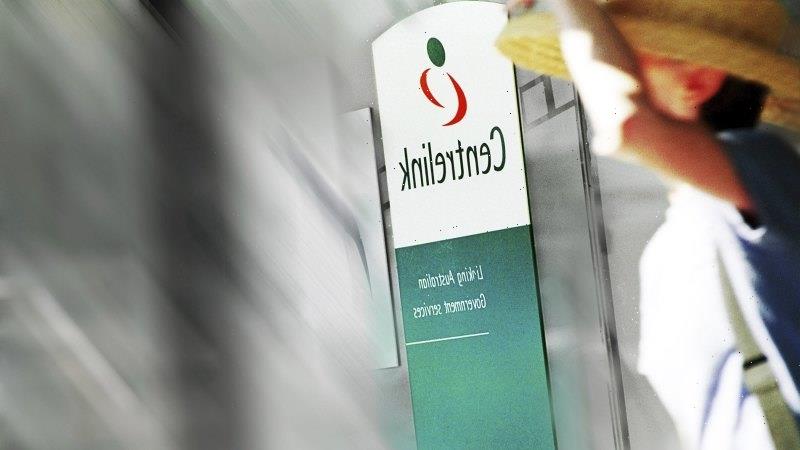A former Centrelink social worker says a mantra of “so sad, too bad” was the response from senior employees to concerns about the impacts of the robo-debt welfare recovery scheme, a royal commission has heard.
Taren Preston was a social worker for the Department of Human Services – now Services Australia – between 2005 and 2019.
Former Centrelink social worker Taren Preston said there was a noticeable change in the culture relating to people who had debts raised against them.Credit:Erin Jonasson
The robo-debt scheme, which ran from 2015 until 2019, illegally used income averaging to allege welfare recipients were overpaid, and calculate debts. The government recovered more than $750 million from more than 380,000 people through the scheme, and the debt notices have been blamed for contributing to multiple suicides.
After returning from a period of maternity leave, during which time the robo-debt program had rolled out, Preston said there was a noticeable change in the culture relating to people who had debts raised against them.
Before the robo-debt scheme, Preston said compliance officers took extreme care in making sure every dollar and cent of a debt raised was correct.
But the new automatic system did not allow for the same care and “did not make mathematical sense”.
Yet when she raised problems with the way debts were being calculated and gave examples of the distress the system was causing customers, Preston’s concerns were dismissed by senior executives.
“We were told it was the way of the future,” she said.
“There was a mantra of ‘so sad, too bad’ that [senior officers] would say when I indicated people were distressed over the matter.”
Preston felt there was a departmental shift towards championing policy “experts” rather than listening to social workers who advocated on behalf of customers.
Her customer caseload doubled and the number of distressed staff she interacted with also increased.
“I observed customers under the robo-debt scheme become increasingly hopeless and they felt as if there was no way out,” she told the commission.
Preston said people were becoming lost in the system and did not understand how the debts were raised.
“Centrelink wasn’t being forthcoming about how the debts were raised in the first place and so they had that sense of unfairness,” she said. “To me, it looked like it felt crushing.”
Friday’s hearing completes a marathon three weeks of evidence from former Coalition ministers, senior public servants and the independent watchdog.
The fourth block of hearings examined a 2017 investigation by the Commonwealth Ombudsman into the scheme, proposals to expand robo-debt, the impact it had on victims and how it was eventually wound up.
A final report will be handed down by the end of June, after the commission was granted an extension to its April deadline.
AAP
Crisis support is available from Lifeline on 13 11 14.
Cut through the noise of federal politics with news, views and expert analysis from Jacqueline Maley. Subscribers can sign up to our weekly Inside Politics newsletter here.
Most Viewed in Politics
From our partners
Source: Read Full Article

